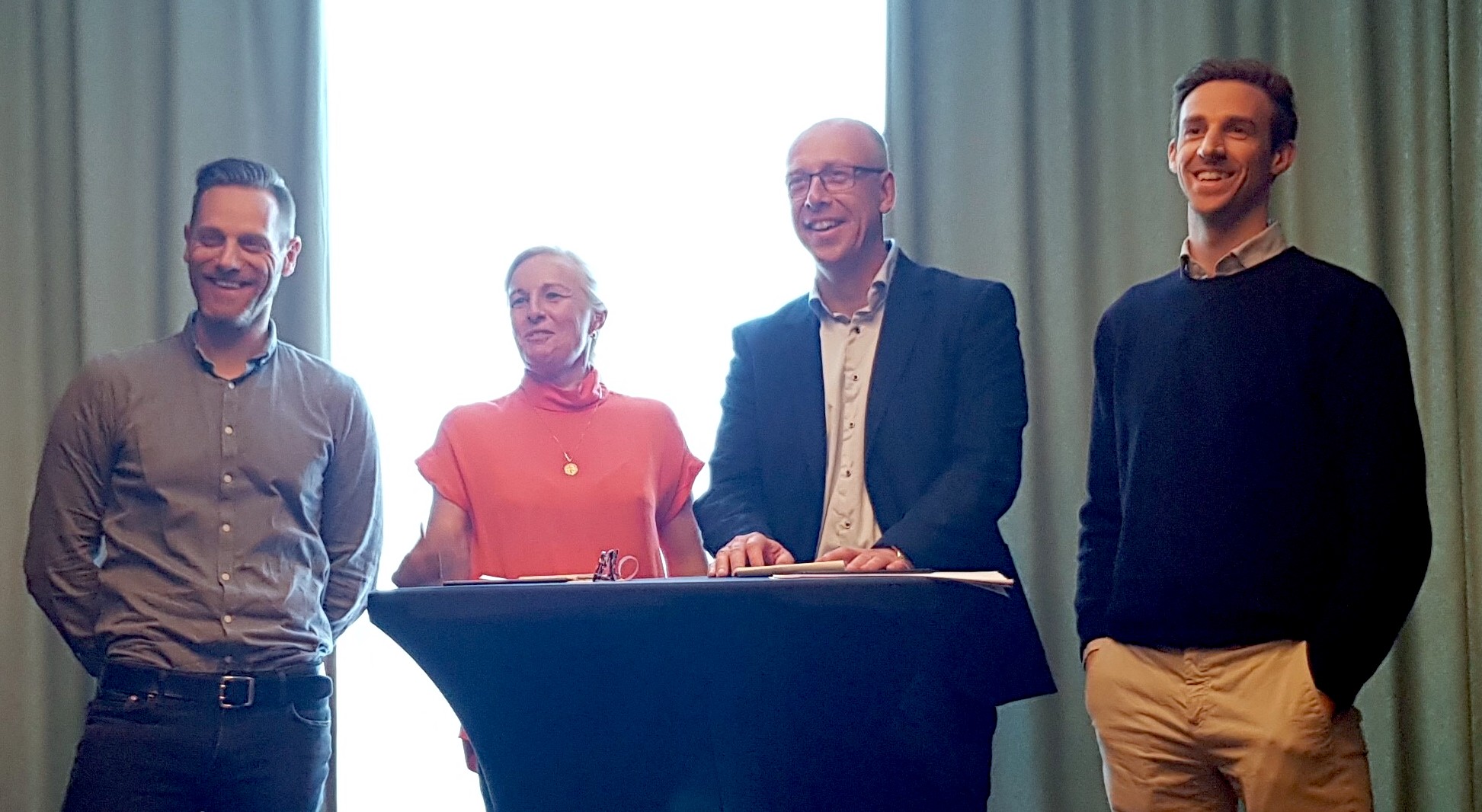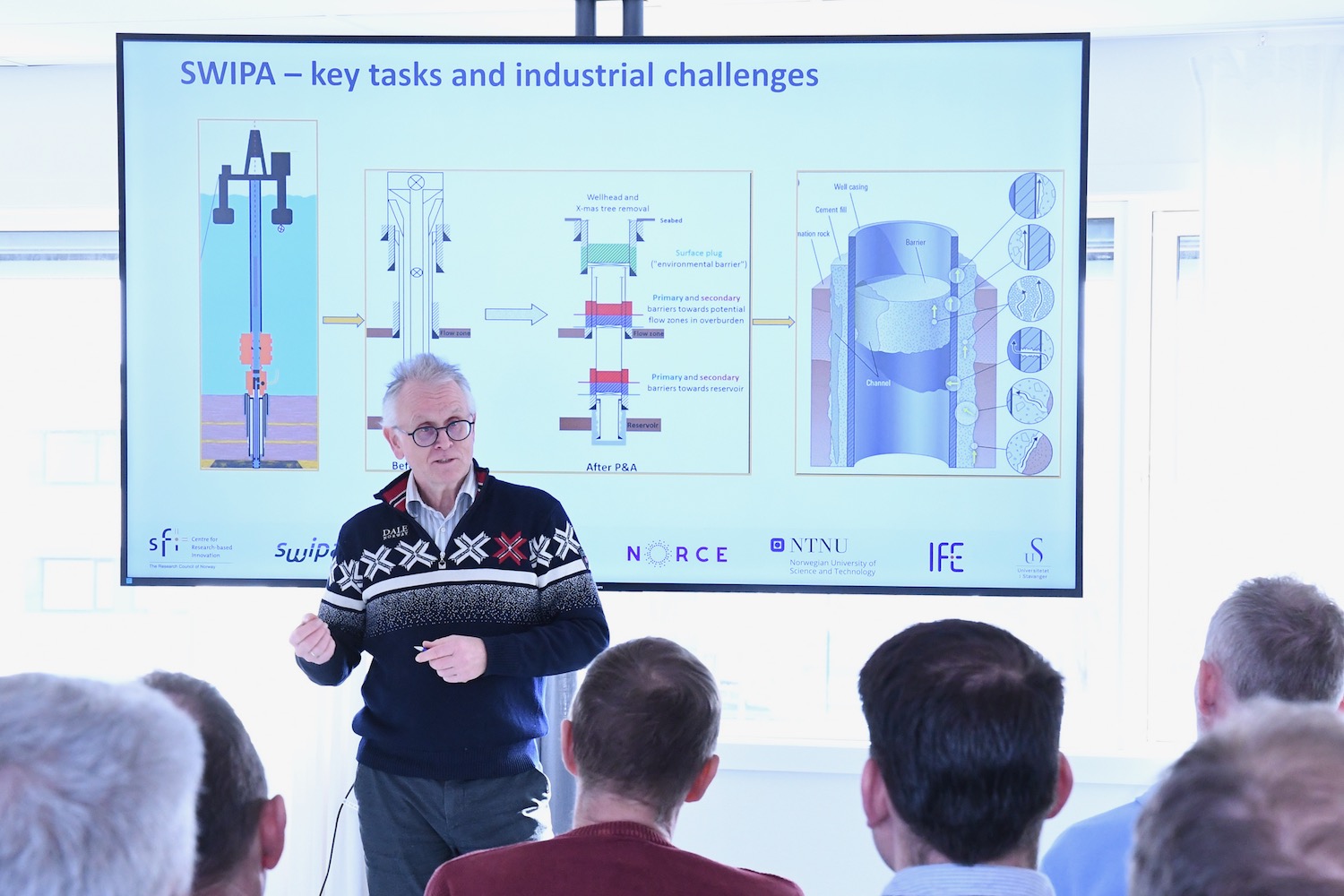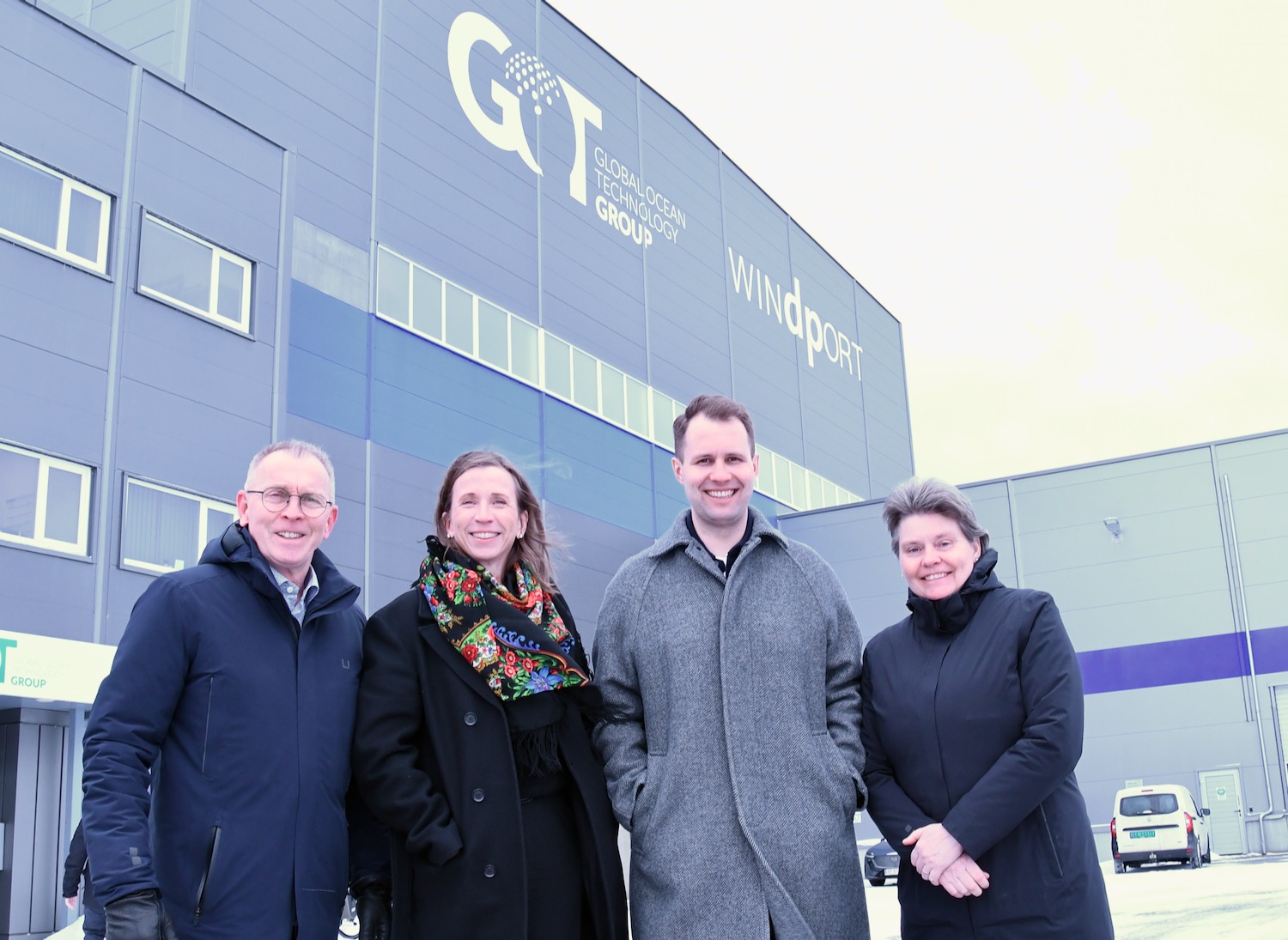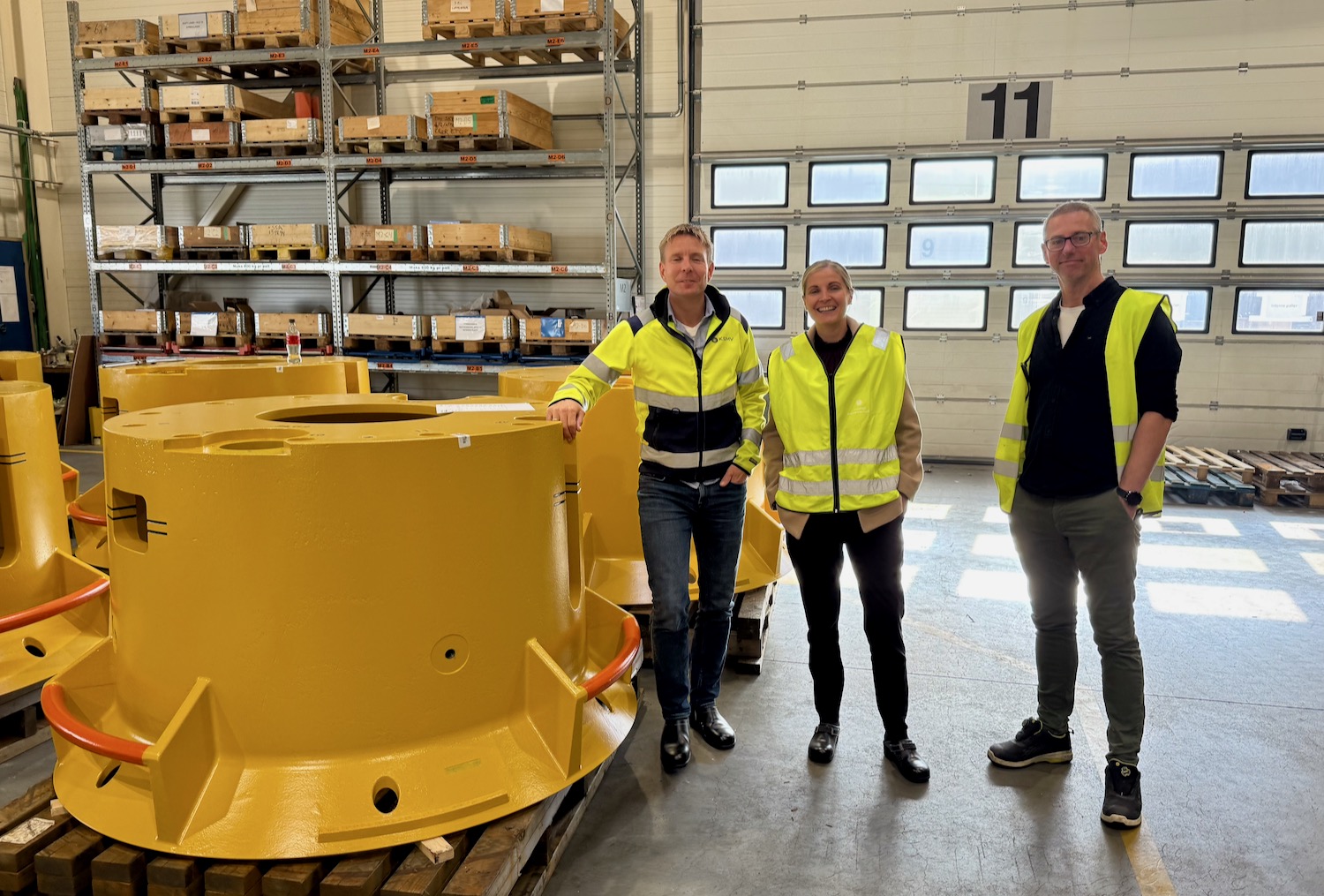76 people attended the seminar “Research and Innovation” organized by The Research Council of Norway and GCE NODE last week. The session “Ocean and Maritime” was very topical for GCE NODE companies and offered a comprehensive review of funding opportunities in public funding schemes, such as Maroff, Petromaks, Demo2000, EnergiX and EU programs.
Several companies contributed with knowledge and experience from previous and existing RD&I projects that have received funding. Among the companies that gave presentations were MacGregor National Oilwell Varco, Q3P and Optilift.
A panel consisting of Torbjørn Engedal (Optilift), Ingvild Jensen (Q3P), Eivind Gimming Stensland (MacGregor), and Øyvind Vedeng Salvesen (The Research Council of Norway) focused on which conditions must be in place prior to applying for public funds.
Such conditions are:
- Identify relevant partners.
- Identify the right business model.
- Build networks for the development of ideas.
- Be sure to have a good understanding of how the public funding schemes work.
- Establish a consortium agreement which includes ownership to ideas and risk sharing.
“Companies of all sizes can apply for public funding projects. If the consortium is able to answer the research-related questions that arises from the project, it is no longer necessary to include an academic partner,” explains Marianne Engvoll, RD&I Manager at GCE NODE.
Applications should give a clear understanding of the project’s societal significance and what kind of innovation it strives for.
“Applicants should keep in mind that evaluators have only a short time to determine the quality of each application. Thus, it is important to present the idea in a clear and appealing way,” says Engvoll.
For more information, check out calls for projects for Skattefunn and Innovasjonsprosjekt i næringslivet (IPN). And make sure to attend this Kristiansand workshop on May 28th.



